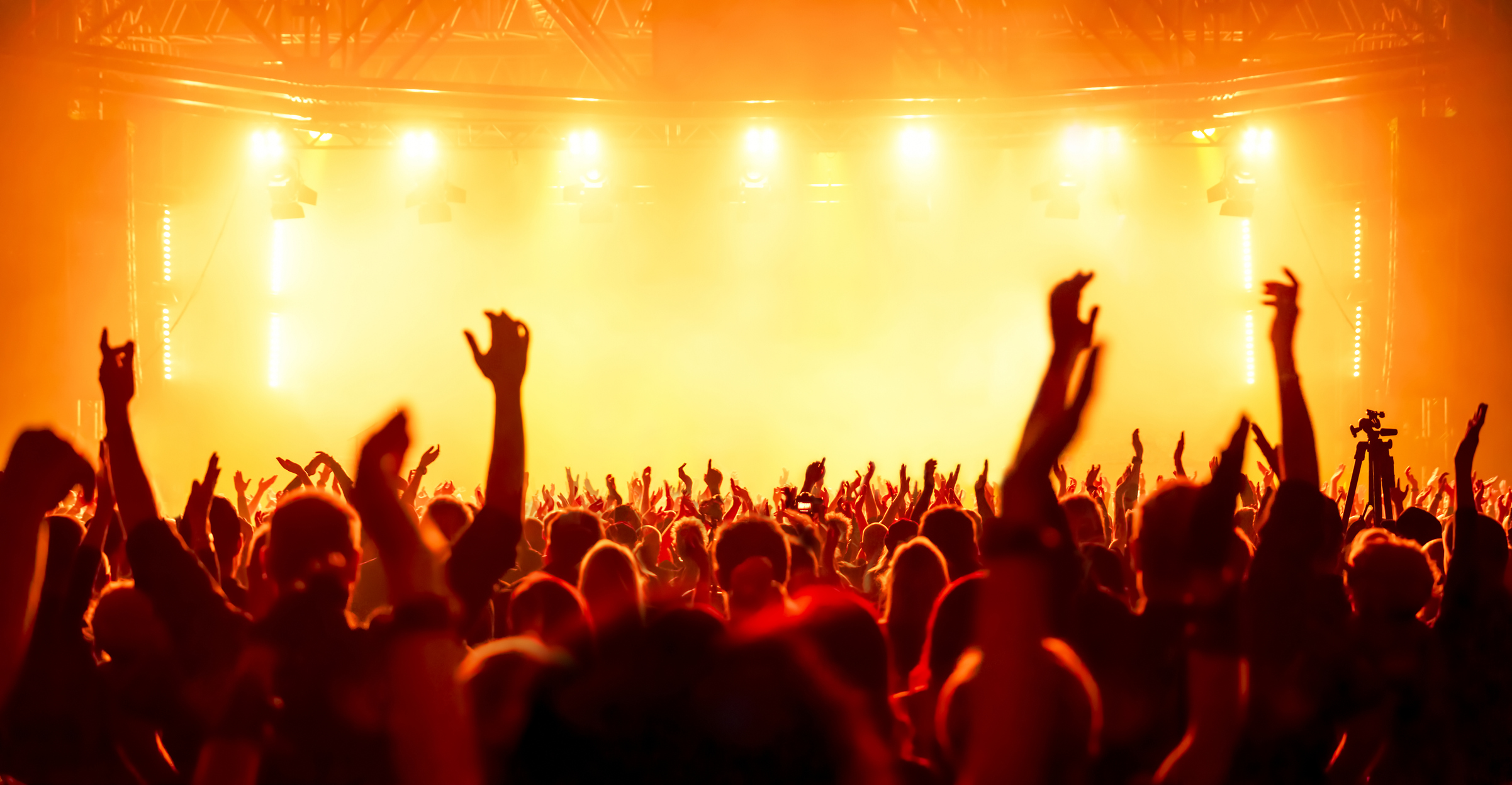
A deadly crowd surge at rapper Travis Scott’s sold-out Astroworld festival in Houston killed eight people and injured dozens earlier this month. It wasn’t long after that accusations of lax safety and security began to fly.
Families of the victims have already sued Scott, and he and others are the subject of a police investigation. While the legal system is already kicking into gear, any lawsuits and investigations will likely take a while to resolve.
Deaths Caused by Stampede
According to news reports and videos and accounts shared on social media, a crowd of approximately 50,000 people, which had been pretty raucous all day, began to push toward the stage in anticipation of Scott’s headlining performance.
This deadly surge continued after Scott took the stage, as people became trapped, some were trampled and others were unable to breathe.
Lawsuits Allege Negligence and Unsafe Environment
In the days since the festival, Scott announced that he would pay for the funeral costs of the victims and offer financial help to those injured. However, that has so far failed to assuage many families of the dead and injured.
More than a dozen lawsuits have already been filed against Scott and promoter Live Nation Entertainment Inc. One of those lawsuits also names rapper Drake, who was making a guest appearance at Astroworld, as a defendant.
Noted civil rights attorney Ben Crump is representing several victims.
Many of the lawsuits are zeroing in on videos from spectators and live streams of the show showing that the concert continued for more than 40 minutes after people in the crowd began calling for help. They accuse the promoter of not providing a safe environment and not having the proper amount of security staff present.
One lawsuit also accuses Scott and Drake of “inciting mayhem” and that Scott has a long history of encouraging fans to get unruly at his shows, including two guilty pleas on disorderly conduct charges.
What If This Happens to You?
As people flock back to live events due to lessening COVID-19 pandemic-related restrictions, concertgoers may be nervous about their safety.
Purchasing a concert ticket leaves you subject to the refund policy (or lack of one) when a concert is canceled, postponed, or rescheduled. When it comes to your safety, however, an event promoter can’t simply hand-wave issues away with a simple disclaimer.
Short of a promoter or performer violating a specific law related to concert security, however, you would need to deal with any injuries through the personal injury process. That means proving that people and companies involved with putting on the event failed in their duty to keep you safe. You would need to prove that organizers were aware of risks and did nothing to mitigate or prevent them.
A likely defense would be that they thought they had proper security staffing, took reasonable precautions, and did not foresee an event like the one at Astroworld occurring.
If you are worried about your safety at a large concert, the best steps to take would be to remain vigilant about the crowd around you, where the exits are, and whether you could easily reach them if you needed to.
